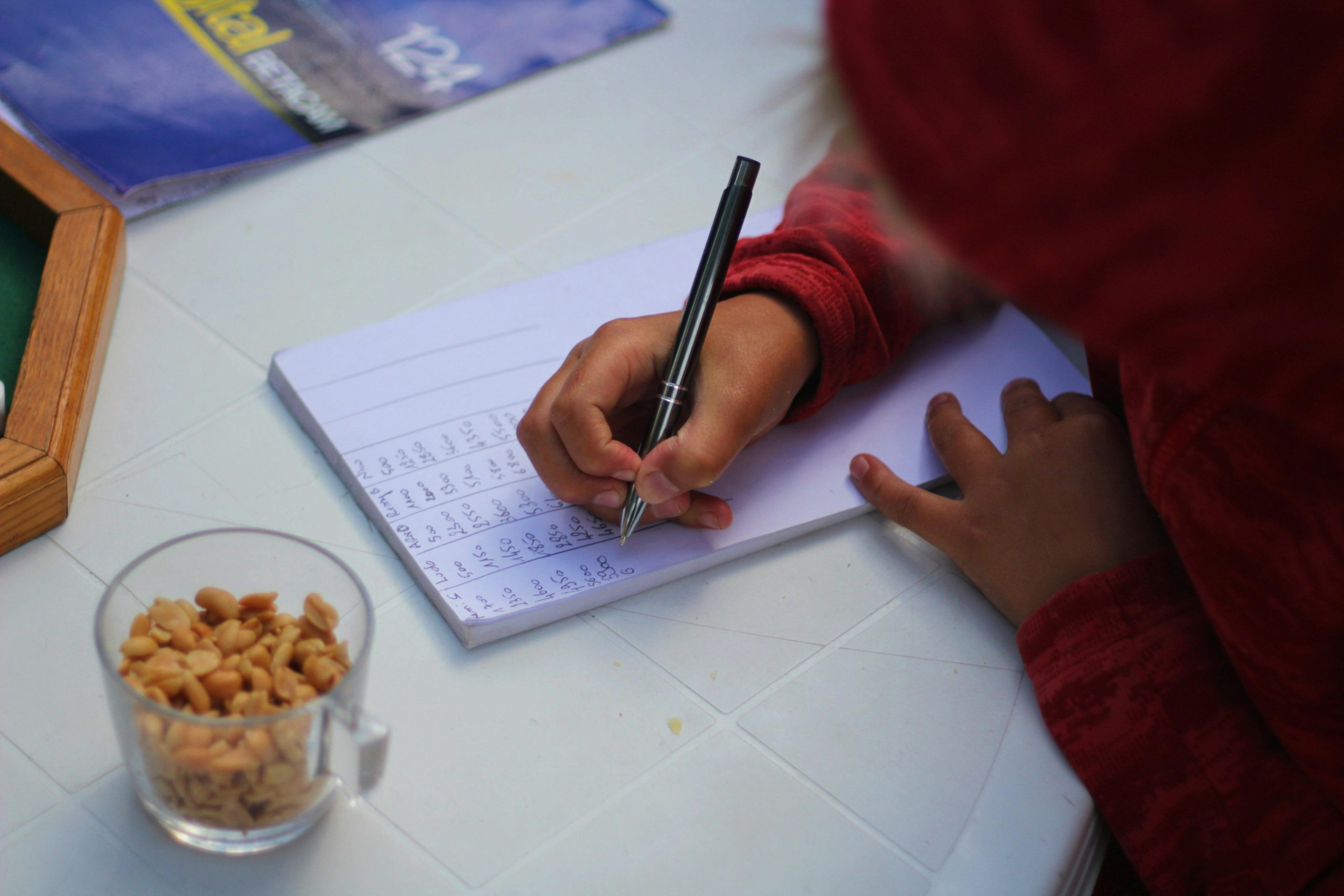The Impact of AI Dependency on Creative Thinking: A Cause for Concern
In today’s fast-paced digital world, Artificial Intelligence has become an integral part of our daily lives. While tools like ChatGPT offer remarkable assistance in various tasks, it’s essential to recognize the potential risks associated with over-reliance on AI. I find myself increasingly concerned about my girlfriend, who seems to turn to ChatGPT for nearly everything—whether it’s seeking opinions, generating creative ideas, or even making decisions.
As she consistently opts for AI-generated insights over personal contemplation, I worry that she may be shifting away from independent thinking. There is a fine line between efficiently utilizing technology and allowing it to dominate our cognitive processes. My concerns stem from the possibility that this reliance could lead to a depletion of her original thoughts and creativity.
It’s troubling to think that she might eventually defer all decision-making to an AI, viewing it as an infallible source of knowledge and advice. This trend raises serious questions: How might this dependency impact her ability to think critically and creatively in the long run? Would she lose her capacity to generate unique ideas and insights?
I’m not alone in my apprehension—many people are beginning to notice similar patterns around them. The addictive nature of AI tools can create a cycle of convenience that discourages individuals from engaging in deeper critical thinking. As we increasingly outsource our cognitive tasks to machines, we must consider the repercussions on our mental faculties.
I would love to hear your thoughts on this subject. Have you observed similar behavior in someone you know? What are the long-term implications of relying too heavily on AI for creative and decision-making processes? Your insights could help foster a meaningful discussion on the balance between utilizing AI and preserving our human intellect and creativity.










Leave a Reply